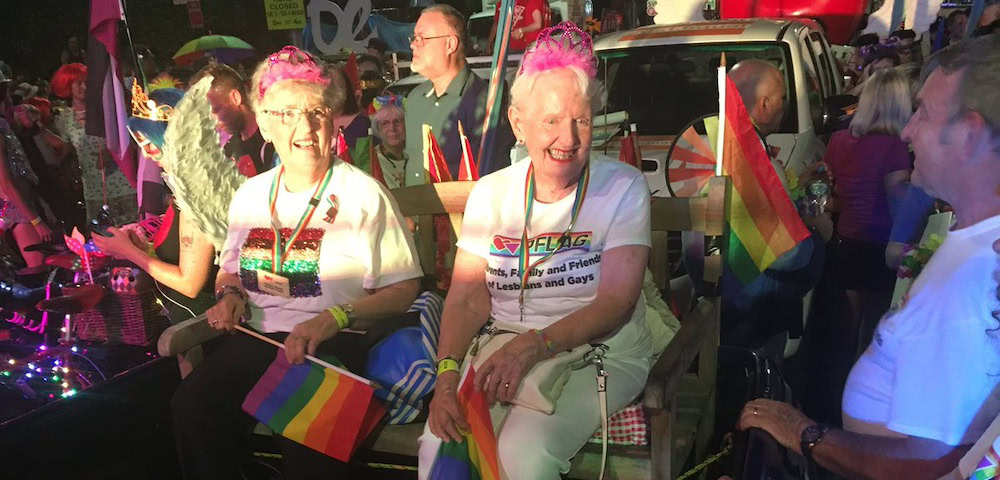
Focus on GLBT rights and aging
Federal housing and status of women minister Tanya Plibersek will attend an information session on Friday to provide information on legal issues faced by older GLBTI people.
“For older people, the focus of the forum will be about planning ahead. Wills, powers of attorney and enduring guardianships,” Plibersek said.
“But I think the forum is important for anyone who has an interest in the specifics of the laws.”
Plibersek said there were important things that older people need to know about being treated equally in regard to the social security system and aged care.
“One of the changes is the exemption of the family home from the assets test when one partner goes into a nursing home and the other continues to live in the house,” she said.
“Lesbian relationships now qualify for a widow allowance, and same-sex war widows or widowers for defence pensions and veterans pensions. The access to the Medicare safety net and the pharmaceutical benefits scheme safety nets can now be accessed as a family by same-sex couples which previously wasn’t the case.
“Private sector superannuation trustees are now able to make same-sex couples and their kids eligible for reversionary benefits. Reversionary benefits from the Commonwealth-defined benefits scheme are able to go to same-sex partners and their kids.
“Partner concession card benefits, bereavement payments if a partner dies, tax concessions — all of these are very substantial benefits that in the past haven’t been available to same-sex couples.”
However, gerontologist Dr Jo Harrison told Sydney Star Observer that the Government needed to address the lack of advocacy services for older GLBTI people.
“Advocacy services could also educate aged-care providers about their legal obligations to GLBTI consumers and provide systemic advocacy which would address broader needs for legal and policy reforms,” Harrison said.
“The Government already funds advocacy services through its Aged Care Advocacy Services program. But it needs dedicated GLBTI advocacy positions and projects so that culturally competent advocates are embedded into services.
“This needs to be a component of a broader commitment to ensure that GLBTI older people are fully informed in relation to their legal rights, not only in relation to wills and powers of attorney, but regarding their current fear of discrimination and abuse as consumers of aged-care services.
“They need to be informed about their legal standing in relation to the right to complain about services, about where they stand in relation to any anti-discrimination obligations of services, and how to exercise their rights.”
Harrison called for older GLBTI people to be declared a legally recognised special needs group for the purposes of aged care.
“This would provide access to a range of measures and resources currently only afforded to formally recognised groups such as Indigenous older people.”
info: Older GLBT People and The Law, June 25, 4pm-6pm, the Rex Centre, 58A Macleay St, Kings Cross. RSVP 9206 2000.










Long overdue